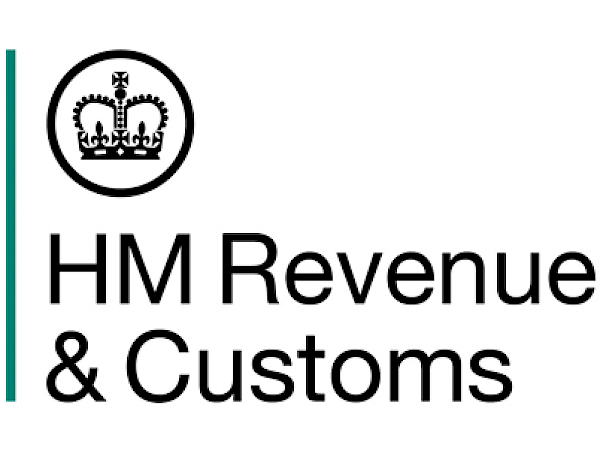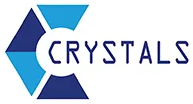
This month saw the end of the road for the long-running saga that has been Rank Group plc versus HMRC.
Since 2006, the case has been working its way through the judicial system, finally reaching the Supreme Court and resulting in a judgement on 8th July 2015, in favour of HMRC.
As our customers will only be too well aware, the dispute was about the VAT treatment of income generated from gaming machines and whether the element of chance in certain machines was provided by “means of the machine” – the determining point in the case.
Legal arguments centred on whether the machines’ random number generator (RNG) housed separately from the main machine cabinet, with one RNG potentially serving a number of machines, still determined whether the element of chance was provided by “means of the machine”. Rank’s case was based on the fact this set-up falls outside of the definition of a gaming machine, thus rendering the income not subject to VAT.
If this premise were accepted, Rank argued, the exemption of the disputed machines, while others remained taxable, was in breach of the principle of fiscal neutrality.
Therefore, all gaming machine income should be exempt. This was the principle established previously in the European Courts of Justice by the case of Edith Linneweber.
Rank’s action was brought to reclaim the VAT it had paid to HMRC prior to 5 December 2005, after which time the legislation was amended, ending the distinction between machine types.
Initially the UK Courts found in favour of Rank and they – and indeed many of Dransfield’s customers – received repayment of VAT together with interest as a result of this ruling.
Subsequently however, HMRC changed their argument, saying they had been incorrect when they had treated some gaming machine income as exempt from VAT. They argued that in fact the law had required this income to be subject to VAT at the standard rate, thus removing the argument of fiscal neutrality. Having won agreement from the Court of Appeal, HMRC proceeded in 2014 to request the money back from those that had received repayments, together with further interest.
The final decision on this matter was left to the Supreme Court, which somewhat surprisingly, in the eyes of many, agreed with the Court of Appeal, albeit on different grounds, finding in favour of HMRC.
The implications, of course, are far reaching for our industry. Whilst Rank’s own claim was worth about £35m, the estimates of the total amount of tax at stake were somewhere between £1 billion and £2 billion.
It is inevitable then, that HMRC will continue to seek repayment of any claims that had previously been paid out, since this is the end of the due legal process, with no further appeals being allowed on this particular case.
However, a number of different claims by Rank and other operators in the gaming industry for repayment of VAT as a result of alleged breaches of the principle of fiscal neutrality remain to be litigated; these could yet affect the VAT status of gaming machine income pre-2005 and therefore the “Linneweber claims”.
We advise any of our customers who are affected by this matter to seek professional advice on their individual case.
The full ruling can be accessed via the following link.
https://www.supremecourt.uk/…/d…/uksc-2013-0257-judgment.pdf



